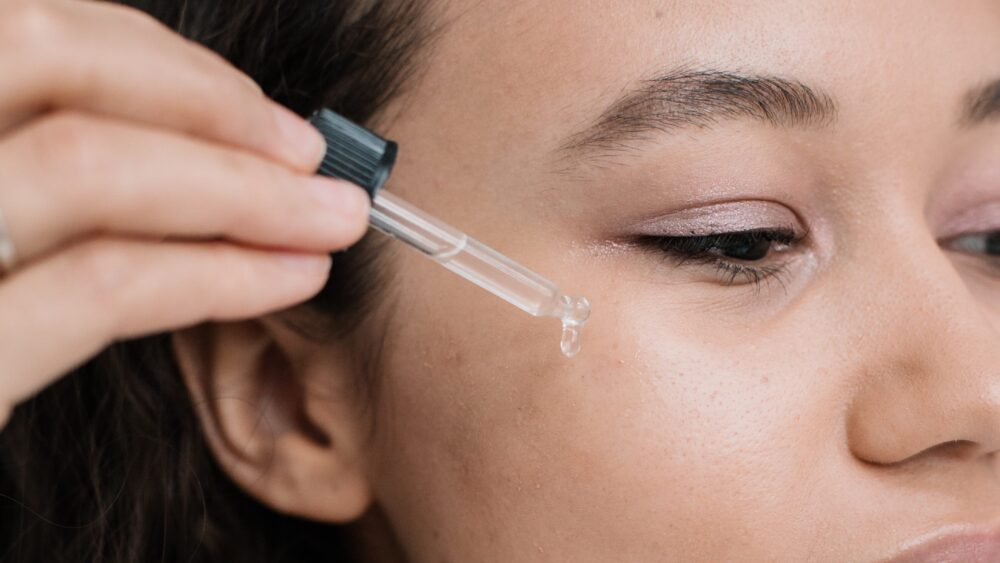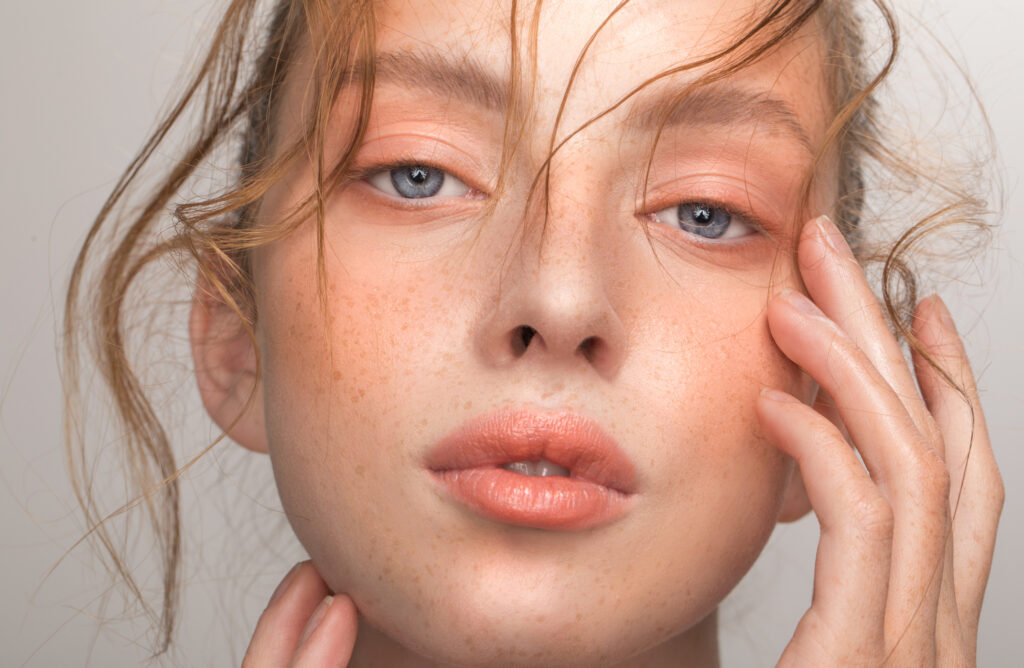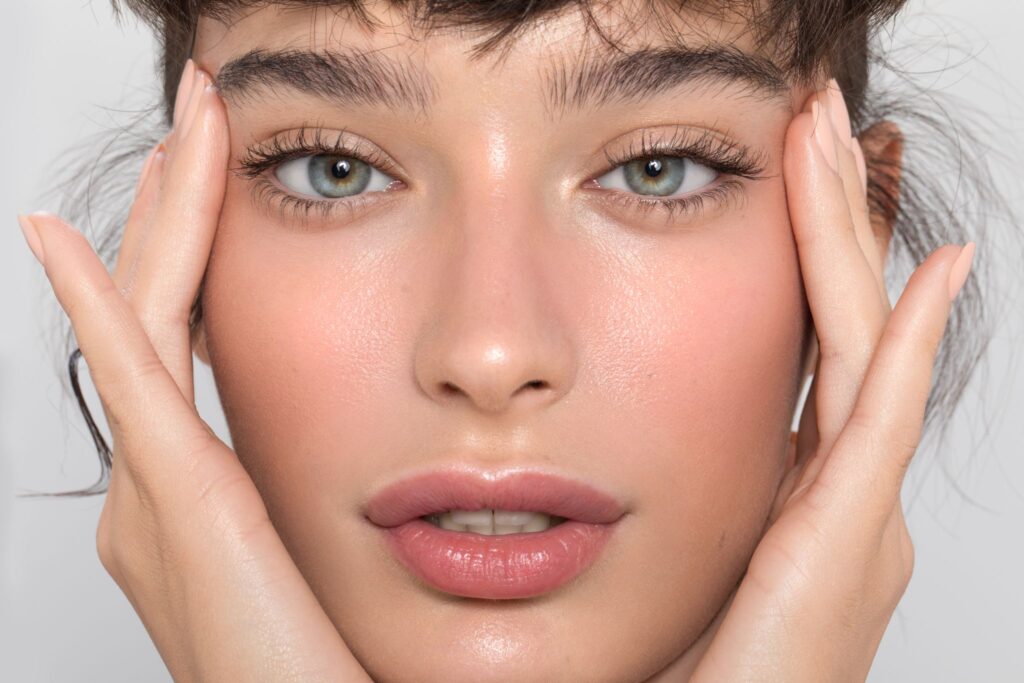Retinol is one of the buzziest, most sought-after skincare ingredients today. And if you ask us, it deserves all that spotlight since it tackles everything – from ageing, and acne, to dark spots! In fact, even our favourite celebrities such as Nicole Kidman, Jessica Alba and Gemma Chan are huge fans of this A-class ingredient.

However, not everyone is welcoming of retinol and its wonders. Understandably so, since it also comes with redness, sensitivity, and irritation on the first or multiple uses. Retinol may not be for everyone but given its superior qualities, you should give it that chance. Today, we take you through the basics of Retinol so you can understand how it works for skin types and be better prepared for when it doesn’t.
Retinol 101: Getting to Know the Ingredient
Retinol is basically another form of vitamin for the skin, just like vitamins C and E. This vitamin A derivative works as an antioxidant. It speeds up cell turnover, supercharges collagen production, and repairs skin damage caused by free radicals.
However, this is where most people get confused: retinoids and retinol. While their etymology does not seem far from each other, they have distinctions that set them apart.
Retinoids refer to all vitamin A derivatives (whether synthetic or natural), such as retinoic acid, retinyl esters, and retinaldehyde.
On the other hand, retinol is the alcohol form of retinoids and is the most commonly used in skincare. It works at concentrations ranging from 0.01% to the maximum suggested concentration of 1%. So if you are a retinol novice, this is a great starting point. You can slowly work your way up in strength to prevent damaging your skin barrier.
Read more: How to achieve acne-free skin?

What are the skin benefits of retinol?
If there is a skin care ingredient you should never let go of, it would be retinol. There are no exaggerations here – it is just that retinol’s prowess is unmatched! Here is everything it can do for your skin:
Reduces visible signs of ageing. As a potent antioxidant, retinol can speed up cell turnover. This ingredient helps your skin look younger and smoother, as it can also fade the appearance of wrinkles and fine lines. Plus, it tackles other signs of ageing, such as age spots and fine lines.
Treats acne. Retinol effectively regulates your oil production and unclogs your pores. It helps reduce acne breakouts, makes your pores look smaller, and gives you clearer skin. Also, using retinol with other acne-fighting ingredients (like salicylic acid) boosts its skin-clearing properties.
Boosts collagen production. Collagen is an essential protein that gives structure to our skin, muscle, and bones. It keeps your skin firm and tight, but also breaks down as you age. Retinol works to repair these collagen deposits and supercharge their production to restore a youthful, plump complexion.
Fades dark spots. If you are no stranger to the pesky scars left by acne, consider this your new skincare superhero. Retinol effectively treats hyperpigmentation (dark spots, patches, and scars) without drying your skin.
Repairs sun damage. The antioxidant properties of retinol effectively reverse the damage caused by the sun’s UV rays. It can fade sun spots, prevent premature ageing, and restore damaged skin cells.

Should I use retinol?
If you want to treat acne, reduce ageing, or fade your dark spots, give retinol a try. However, it can be harsh on sensitive skin, so if you have conditions like eczema or rosacea, skip on it. Retinol is also not safe for pregnant or lactating moms.
You also should be mindful of how you use it. Experts recommend starting slow – try one drop of Retinol 1-2 times a week and slowly build up from there. If your skin reacts, dial back and start afresh. Also note that Retinol is now sold in various formats – some more compatible with sensitive skin than others such as encapsulated Retinol. Also, if you would like an extra layer of protection, apply your moisturiser BEFORE your retinoid product. This will offer your skin a buffer and tone down the concentration of your Retinol. Happy skin ahead!
Read more: Can we talk about vaginal laxity?

